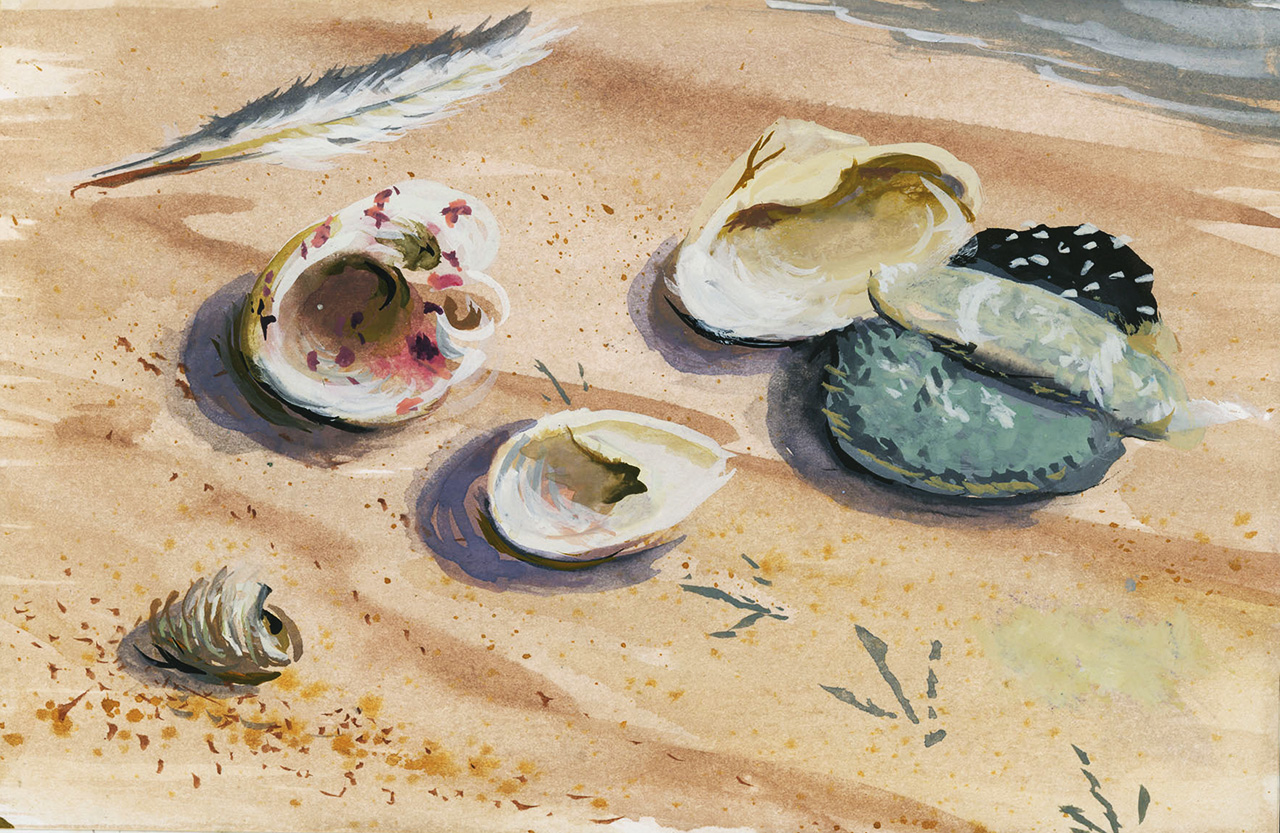An illustrated lecture by Chantal Collier, director of the Long Island Sound Program for The Nature Conservancy in Connecticut and New York.
Tuesday, August 16, 2016
TIME: 5:00 P.M. to 7:00 P.M.
LOCATION: The Museum, 2nd Floor
 Communities around Long Island Sound depend upon the benefits the Sound provides. From boating and plentiful seafood to educational opportunities and a source for human inspiration, these ecosystem services have sustained our local economy and way of life for generations. Experience from around the world shows that managing marine resources to safeguard these benefits works best when communities are involved in taking care of local marine habitats and wildlife.
Communities around Long Island Sound depend upon the benefits the Sound provides. From boating and plentiful seafood to educational opportunities and a source for human inspiration, these ecosystem services have sustained our local economy and way of life for generations. Experience from around the world shows that managing marine resources to safeguard these benefits works best when communities are involved in taking care of local marine habitats and wildlife.
Efforts by states and communities to share management of local marine areas have emerged in Florida, Hawaii, and California. What can we learn from the experiences of the communities and governments engaged in these collaborative partnerships? Research by Chantal Collier, at Duke University, explored this question and its relationship to a New York state law that requires the Department of Environmental Conservation to designate Seagrass Management Areas and consult with community members to protect, manage and restore seagrass habitat. Ms. Collier will present her findings, including options for a collaborative management approach, derived from community members’ perspectives, values, hopes and concerns regarding local marine resources at Fishers Island.
Chantal Collier is the director of the Long Island Sound Program for The Nature Conservancy in Connecticut and New York. Her work involves collaborating with partners to integrate science, policy, management and communication strategies that build capacity among communities, resource users and government agencies to preserve and restore the Sound. Prior to joining the Conservancy, Ms. Collier held marine conservation and management positions with the Florida Department of Environmental Protection’s Office of Coastal and Aquatic Managed Areas, the California Coastkeeper Alliance, and the University of California, Los Angeles. She holds a B.S. in zoology from the University of California, Santa Barbara, and a M.E.M. from the Nicholas School of the Environment at Duke University.

